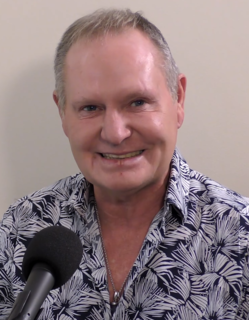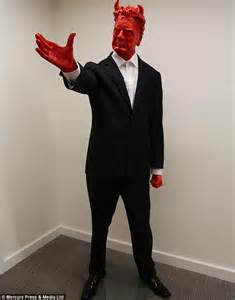A Quote by William Gibson
I've never actually been a collector. I like the learning-curve, but I buy things, sell them to finance other things.
Related Quotes
Life has loveliness to sell, All beautiful and splendid things, Blue waves whitened on a cliff, Soaring fire that sways and sings, And children's faces looking up, Holding wonder like a cup. Life has loveliness to sell, Music like a curve of gold, Scent of pine trees in the rain, Eyes that love you, arms that hold, And for your spirit's still delight, Holy thoughts that star the night. Spend all you have for loveliness, Buy it and never count the cost; For one white singing hour of peace Count many a year of strife well lost, And for a breath of ecstasy Give all you have been, or could be.
Investing is the intersection of economics and psychology. The analysis is actually the easy part. The economics, the valuation of the business isn't that hard. The psychology - how much do you buy, do you buy it at this price, do you wait for a lower price, what do you do when it looks like the world might end - those things are harder. Knowing whether you stand there, buy more, or whether something has legitimately gone wrong and you need to sell, those are harder things. That you learn with experience, by having the right psychological makeup.
This business is hard. People and producers and studios and finance guys get caught up in saying, "Women don't sell movies," or "This person doesn't sell foreign," or "You have to attach guys first," or "People don't want to see women do this." I've heard those things so many times that I've actually heard myself say them, a number of times.
One of my big milestones came when I turned forty and promised myself to stop worrying about all the things I thought I might do but never really would. I was very relieved when I realized that you can actually complete a project by dropping it. That's how I "completed" learning to cook and learning German, becoming a good skier, and a list of other things too long to recite!





































